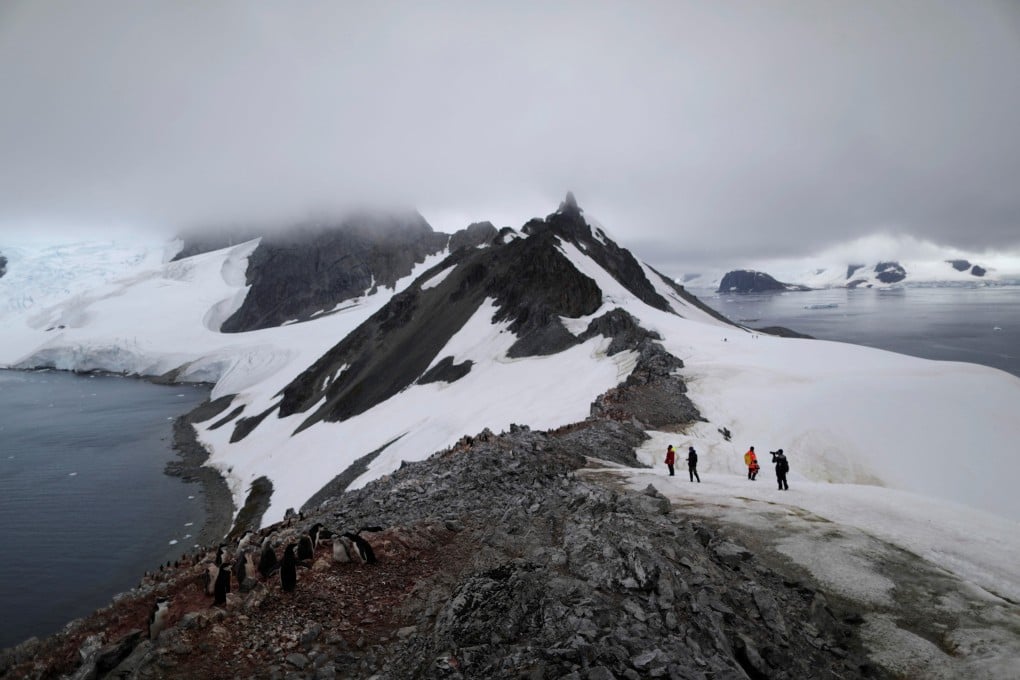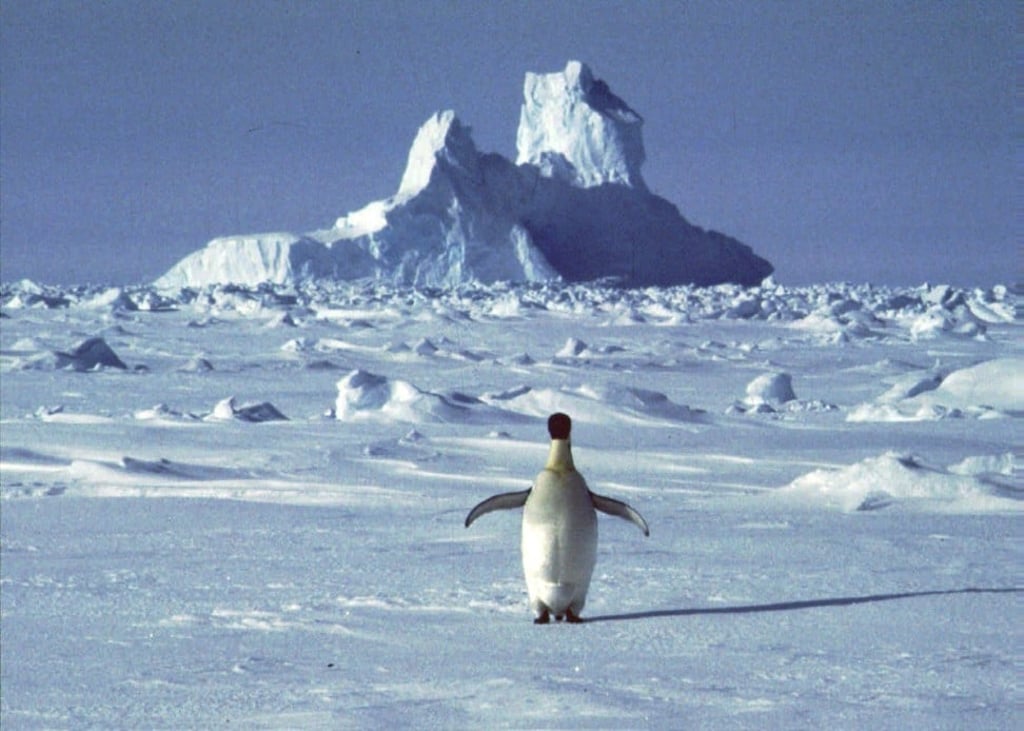Inside Out | Coronavirus might be the world’s immediate challenge, but Antarctic heat record should worry us more
- With the temperature at an Antarctic research base hitting 18.3 degrees this month and evidence of ice melting faster in the ‘doomsday glacier’, predictions of a 2-metre rise in sea levels seem more real. Governments, including Hong Kong’s, seem callously ill prepared

Here in this coldest and remotest of regions, there may be no threats to us in the coming weeks, nor might we recognise any threat for years, but here, over our lifetimes, the clock is ticking on one of the gravest threats to us all.
Meanwhile, in West Antarctica, scientists plumbing the 74,000 sq mile Thwaites Glacier – about the size of Florida – found new evidence of ice melting faster than ever previously imagined. Not for nothing is the glacier called the “doomsday glacier”. Further east, iceberg A68, about five times the area of Hong Kong and made up of a trillion tonnes of ice, is after a couple of years of dithering at last moving out into the South Atlantic Ocean.

It seems hard to get alarmed when scientists say Antarctic ice melt is raising sea levels by 3mm a year, but drip by drip we should be afraid. As evidence accumulates of speeding ice melt, they are talking now of oceans that will be between 1 to 2 metres higher by the end of the century.
